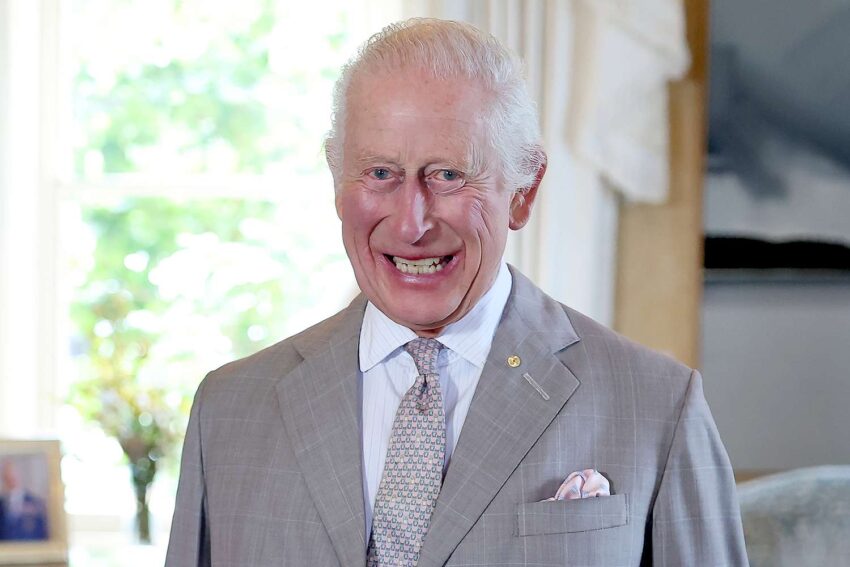As King Charles approaches his 76th birthday this Thursday, he plans to commemorate the occasion in a rather distinctive manner.
Instead of a lavish party, the King will host a surplus food festival aimed at addressing food waste and supporting charitable initiatives.
This event marks the first anniversary of the Coronation Food Project, an initiative designed to assist organizations that provide meals to those in need by redistributing unwanted food.
The festivities will include the opening of two new hubs dedicated to saving and distributing surplus food.
These facilities are expected to significantly enhance the capabilities of charities like Fairshare and the Felix Project, allowing them to reach more communities in need.
During the event, the King will tour the new site and inspect a recently installed industrial freezer that will boost the facility’s capacity by an impressive 400%.
This upgrade is crucial for improving the preservation of surplus food, ensuring it reaches those who require it most.
Meanwhile, Queen Camilla is on the mend after a recent illness.
She made her first public appearance at a Booker Prize reception, expressing that she is feeling much better.
Her health challenges had previously kept her from attending significant royal events, including the annual Remembrance Sunday at the Cenotaph and the Festival of Remembrance at the Royal Albert Hall, where she would have joined the King and other members of the Royal Family.
In a stark contrast to the festive atmosphere surrounding the King’s birthday, a wave of criticism has emerged regarding an honor he recently conferred upon the ruler of Bahrain, King Hamad bin Isa Al Khalifa.
Exiles from Bahrain have urged King Charles to revoke this honorary title, citing it as a betrayal to the victims of the Bahraini regime’s oppressive actions.
In a heartfelt letter, these exiles conveyed their deep discomfort with the award, emphasizing the suffering endured under King Hamad’s rule.
The controversy intensified when it was revealed that Buckingham Palace had not prominently announced the honor, which was first reported by Bahrain’s official news agency.
This oversight raised eyebrows among human rights advocates and Bahraini exiles, who feel that such an honor should not be bestowed upon a leader accused of severe human rights violations, including torture and suppression of dissent.
Human Rights Watch has documented numerous instances of the Bahraini government silencing political opposition and banning independent media.
The situation has led to widespread calls for accountability and justice, making the timing of the King’s award particularly contentious.
Saeed Ahmed Al Wadi’i, a Bahraini exile and torture survivor, was among those who signed the letter urging the King to reconsider his decision.
In their correspondence, the exiles expressed hope that their plight would resonate with the King and prompt a reassessment of the honor given to King Hamad.
The letter poignantly detailed the extent of their suffering, seeking to shed light on the grim realities faced by many in Bahrain under the current regime.
Despite the backlash, the British ambassador to Bahrain, Alastair Long, defended the King’s decision, highlighting the positive aspects of King Hamad’s leadership.
He noted that the dinner held in honor of the Bahraini king celebrated his silver jubilee and acknowledged his concern for the welfare of his people.
However, this perspective has been met with skepticism by human rights advocates.
Critics argue that awarding honors to leaders like King Hamad sends a troubling message, especially when considering the ongoing human rights abuses committed by his government.
Brian Dooley, a senior adviser with Human Rights First, expressed disbelief that any nation would want to associate with a ruler responsible for such transgressions over the years.
As King Charles prepares to celebrate his milestone birthday with a focus on community support through the surplus food festival, the juxtaposition of his charitable efforts against the backdrop of international criticism raises important questions about the responsibilities of leadership and the implications of honoring controversial figures.
The upcoming events promise to showcase the King’s commitment to social causes while also highlighting the complexities of royal diplomacy in a world rife with human rights challenges.
